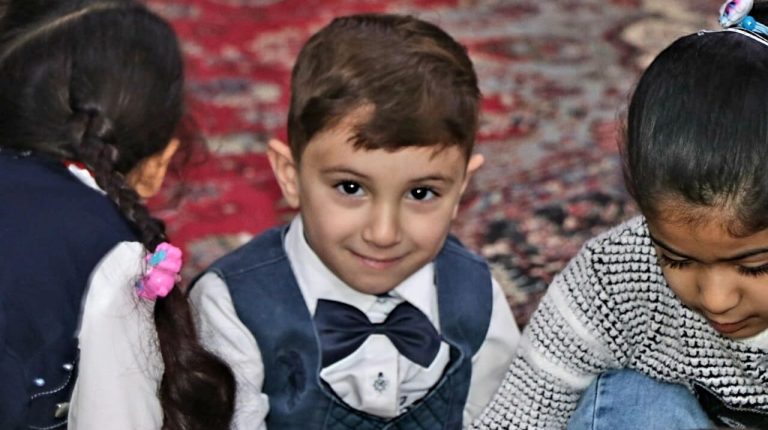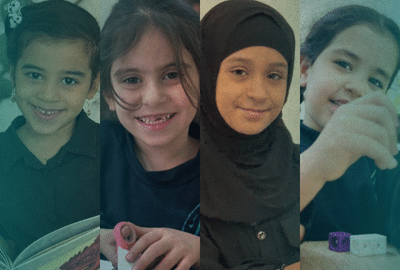What Does Fatimiyya Teach Us About Compassion Today?
As the days of Fatimiyya return each year, the hearts of believers grow heavy with grief and reverence.
This sacred period marks the martyrdom of Lady Fatima Al-Zahra (sa), the beloved daughter of the Prophet Muhammad (saw), the mother of the Imams (as), and the radiant light of the Ahlulbayt (as).
It is a time to ask ourselves: What does her life teach us about compassion, strength, and the responsibilities we carry today?
What Makes Lady Fatima (sa) Inspirational?
Sayyida Fatima (sa) remains one of the most powerful and inspiring figures of our Islamic heritage and history, reminding us all that strength comes only from the love and devotion we have for Allah (swt).
Lady Fatima (sa) was more than the daughter of the Prophet (saw); she was the continuation of his mission.
Her life was one of immense patience, spiritual clarity, and unwavering service to the truth.
What Happened During Her Lifetime?
Lady Fatima (sa) endured immense suffering, especially after the passing of her father (saw).
Despite the injustice she faced, she remained a pillar of dignity and care; never turning away those in need, never ceasing in her worship, and never letting hardship harden her heart.
Learn more about Lady Fatima (sa) and her immeasurable strength with the Land of Fadak here.
Speaking of his daughter, Sayyida Fatima (sa), it is reported that the Prophet Muhammad (saw) stated:
“She is the principal of women on the Day of Resurrection.” (Hilyat al-Awliya’, vol.2 p.42.)
What Does Fatimiyya Teach Us Today?
In a world filled with hardship like war, displacement, poverty, injustice, the remembrance of Lady Fatima (sa) becomes a guiding light.
Her life teaches us that true strength is not loud or forceful, but principled, patient, and unwavering.
That compassion begins at home, but must extend beyond it: to society, to the forgotten, and to those who suffer silently.
That standing for justice, even when it costs us, is part of our spiritual responsibility.
She showed us that devotion to Allah (swt) and service to creation go hand in hand.
At The Zahra Trust, her legacy is the foundation of everything we do.
Her example inspires the care we offer to the vulnerable, the hope we uphold for the displaced, and the love we extend to orphans and widows across the globe.
How Do We Carry Her Light Forward?
As Fatimiyya passes through our hearts and homes, let it leave behind more than tears.
Through remembering Lady Fatima Al-Zahra (sa), we are reminded of the strength and compassion that continues to guide our path.
May we strive to be among those who honour her not just in words, but in actions.
May we embody her compassion in our families, her resilience in our trials, and her devotion in our worship.
FAQ
Fatimiyya refers to the days commemorating the martyrdom of Lady Fatima Al-Zahra (sa), the daughter of Prophet Muhammad (saw). These days are marked by mourning, reflection, and remembrance of her life, sacrifices, and pivotal role in preserving Islam.
Lady Fatima (sa) is regarded as the embodiment of purity, faith, and justice. As the daughter of the Prophet (saw), the wife of Imam Ali (as), and the mother of the Imams (as), her spiritual and moral legacy is central to the Shia Islamic faith. Her stance for truth and her compassion for the oppressed continue to guide Shia Islamic values today.
Fatimiyya teaches us about resilience in the face of injustice, compassion for the vulnerable, and dedication to divine principles. Lady Fatima’s (sa) life is a model of how to combine deep spirituality with social responsibility.
Fatimiyya is observed through majalis (gatherings), lectures, mourning processions, and acts of charity in her name. Many Shia Muslims use this time to reflect on her sermons, especially the Sermon of Fadak, and to renew their commitment to her teachings.
The Zahra Trust draws inspiration from the compassion and justice of Lady Fatima (sa) by supporting orphans, widows, and vulnerable families. Through humanitarian aid and community support, the organisation aims to uphold the principles of mercy, equity, and service exemplified by Lady Fatima (sa).


 Donate Now
Donate Now
 Donate
Donate









